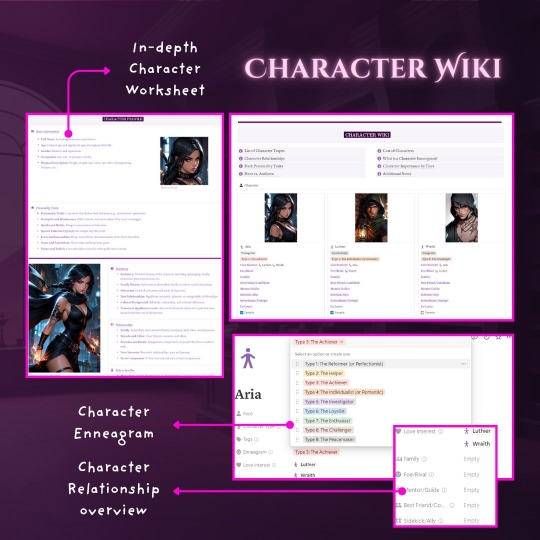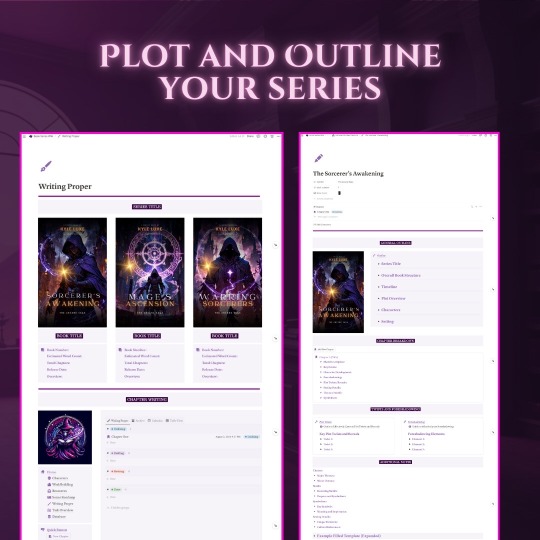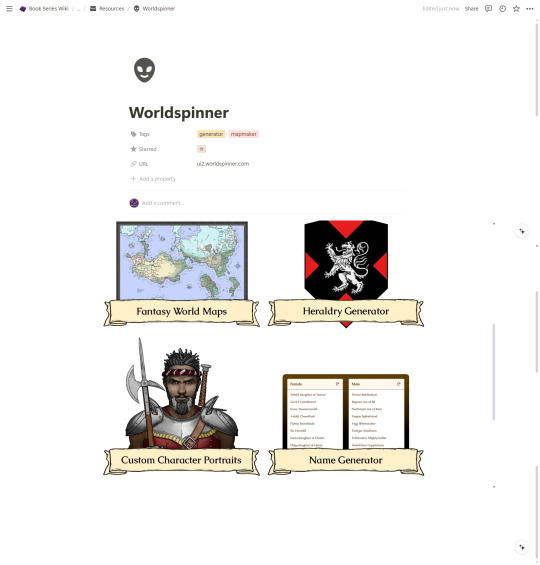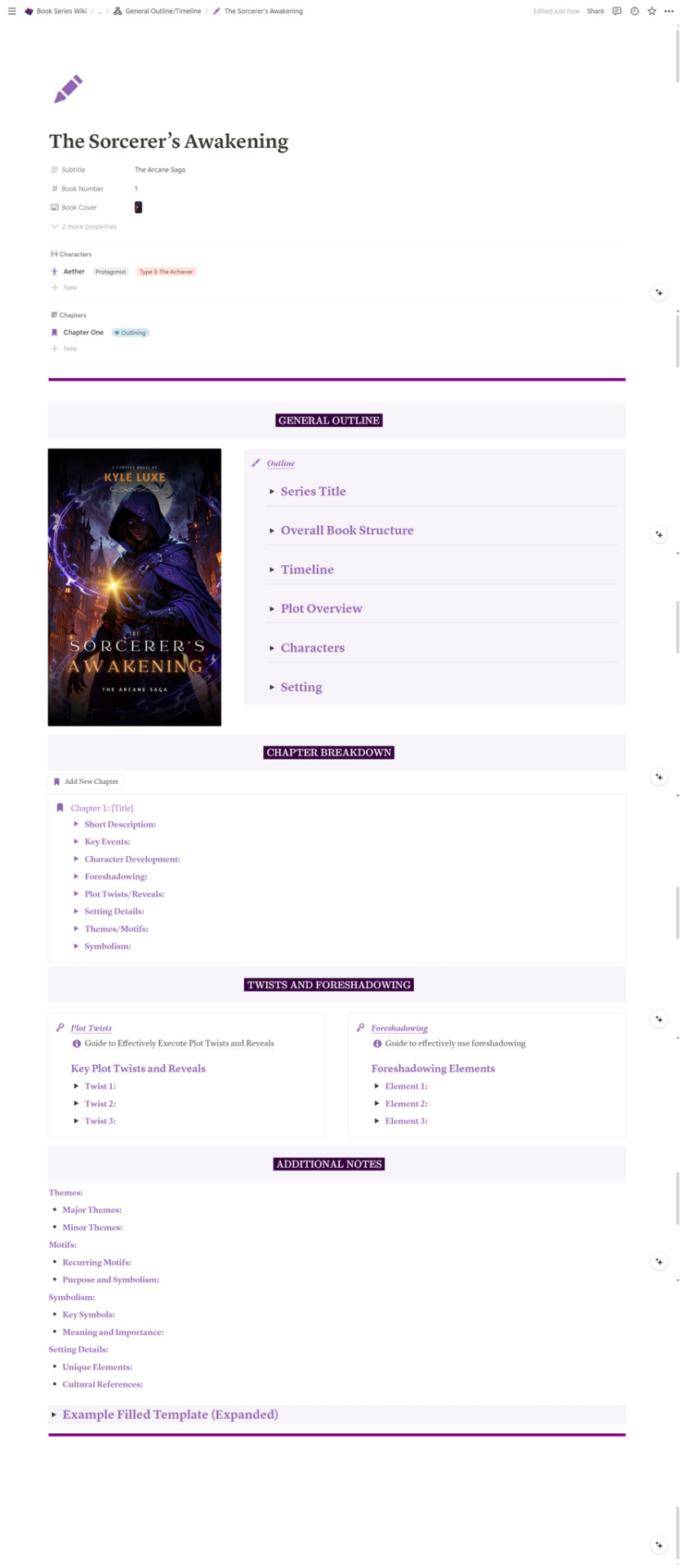Text
oh my favorite trope? two people who go through something so unique and agonizing and entirely beyond words that they have no choice but to create a bond that transcends all other types of love, thus acting as the sole point of understanding for the other person in a world that cannot fathom what they’ve been through
61K notes
·
View notes
Text
One of the best tips for writing descriptions of pain is actually a snippet I remember from a story where a character is given a host of colored pencils and asked to draw an egg.
The character says that there’s no white pencil. But you don’t need a white pencil to draw a white egg. We already know the egg is white. What we need to draw is the luminance of the yellow lamp and the reflection of the blue cloth and the shadows and the shading.
We know a broken bone hurts. We know a knife wound hurts. We know grief hurts. Show us what else it does.
You don’t need to describe the character in pain. You need to describe how the pain affects the character - how they’re unable to move, how they’re sweating, how they’re cold, how their muscles ache and their fingers tremble and their eyes prickle.
Draw around the egg. Write around the pain. And we will all be able to see the finished product.
84K notes
·
View notes
Text
im a fucking sucker for the “character gets so badly injured that they can’t think clearly and start calling for help in a distressingly vulnerable way.” characters who start using nicknames for their friends they haven’t used since they were kids. characters who start begging for their brother they haven’t seen in years to be there. characters who would usually use their parents’ names or call them mother/father/etc crying out mama when they go down. u understand.
33K notes
·
View notes
Text
it's always "immortals always lose the ones they love!" and never "this family has had this incredible, powerful, loving figure present through generations of their lineage, all because they are descended from someone the immortal loved long ago" and i think that's a shame!!
40K notes
·
View notes
Text
why are my two favorite tropes "seemingly powerful and dominating guy turns out to be kind of pathetic" and "silly goofball of a man turns out to be terrifyingly powerful"
61K notes
·
View notes
Note
words to use instead of running?
Running—to go faster than a walk
Barreling - to move at a high speed or without hesitation
Blazing - of outstanding power, speed, heat, or intensity
Bounding - to move by leaping
Cantering - to move at or as if at a canter (i.e., a 3-beat gait resembling but smoother and slower than the gallop); loping
Careening - to proceed or move quickly
Coursing - to proceed or move quickly
Dashing - to go at a pace faster than a walk
Galloping - progressing, developing, or increasing rapidly
Hastening - to move or act quickly
Hieing - to go quickly; hasten
Hurtling - to move rapidly or forcefully
Hurrying - to carry or cause to go with haste
Hustling - hasten, hurry
Jogging - to run or ride at a slow trot
Loping - an easy usually bounding gait capable of being sustained for a long time
Racing - to proceed or move quickly
Ripping - to proceed or move quickly
Rushing - to cause to move or proceed fast or faster
Scampering - to run nimbly and usually playfully about
Scooting - to move swiftly
Scurrying - to move in or as if in a brisk pace; scampering
Scuttling - scurry; a short swift run
Skipping - to move or proceed with leaps and bounds or with a skip
Speeding - to make haste
Springing - to make a leap or series of leaps
Sprinting - to run or go at top speed especially for a short distance
Tearing - to proceed or move quickly
Tripping - to go at a pace faster than a walk
Trotting - to proceed briskly; hurrying
Zipping - to move, act, or function with speed and vigor
Hope this helps with your writing. Do tag me, or send me a link. I'd love to read your work!
More: Word Lists
2K notes
·
View notes
Text
Showing 'Fear' in Writing
Eyes wide with pupils dilated.
Hands trembling uncontrollably.
Heart pounding audibly in the chest.
Backing away slowly, seeking escape.
Holding breath or breathing shallowly.
Breaking out in a cold sweat.
Startling at the slightest sound.
Whispering or speaking in a hushed tone.
Looking over their shoulder repeatedly.
Clutching at clothing or objects for reassurance.
Voice quivering or stammering.
Legs feeling weak or buckling.
Feeling a chill run down the spine.
Hugging oneself protectively.
Trying to make themselves smaller.
Furtive glances around the room.
Feeling light-headed or dizzy.
Stiffening up and freezing in place.
Swallowing hard, throat dry.
Eyes darting around, unable to focus.
4K notes
·
View notes
Text


Finished designing my bull angel concept! for my friend's TTRPG
53K notes
·
View notes
Text
"what if things were different" is a poisoned well and drinking from it will kill you!!!!!!!!!!!!!!!!!!
22K notes
·
View notes
Text
i LOVE the idea of "i can't win, but you can lose" in fictional confrontations it is SO fucking tasty. the human nature to self destruct and the human nature to survive by any means necessary combined at its finest.
127K notes
·
View notes
Text
120 ULTIMATE LIST OF CHARACTER FLAWS. Writers save this!
1. Moral Flexibility - Adapts their ethics to fit the situation, often justifying questionable actions as necessary.
2. Cognitive Dissonance - Holds two conflicting beliefs or values and struggles to reconcile them, leading to inner turmoil.
3. Overempathy - Feels others’ emotions too intensely, leading to burnout or an inability to make objective decisions.
4. Intellectual Arrogance - Dismisses others’ ideas as inferior, believing their own intellect is superior.
5. Chronic Overthinking - Analyzes situations to the point of paralysis, unable to take decisive action.
6. Restless Wanderlust - Has a constant desire for change or travel, leading to instability in relationships or careers.
7. Savior Complex - Feels compelled to “save” others, often to the detriment of their own well-being or others’ autonomy.
8. Emotional Vampirism - Drains others emotionally, needing constant validation or attention.
9. Righteous Indignation - Becomes excessively angry over perceived injustices, often alienating others.
10. Altruistic Self-Destruction - Sacrifices themselves for others to an unhealthy degree, often leading to self-neglect.
11. Pathological Modesty - Downplays their own achievements to the point of self-sabotage or invisibility.
12. Incapable of Solitude - Feels an intense fear of being alone, leading to codependent or unhealthy relationships.
13. Over-Rationalization - Justifies every action or decision, even when it’s clearly flawed, to avoid guilt or responsibility.
14. Constant Self-Sabotage - Subconsciously undermines their own success due to deep-seated fears or insecurities.
15. Misplaced Loyalty - Stays loyal to people or causes even when it’s harmful or undeserved.
16. Ethical Rigidity - Follows their moral code to the letter, unable to adapt to complex or gray situations.
17. Need for Obscurity - Prefers to stay unnoticed or in the background, avoiding recognition or responsibility.
18. Involuntary Aloofness - Appears distant or disinterested, often without meaning to, leading to misunderstandings.
19. Fear of Mediocrity - Terrified of being ordinary, they constantly strive for greatness, often leading to burnout.
20. Rejection Sensitivity - Overreacts to criticism or perceived slights, often withdrawing or lashing out.
21. Conflict Avoidance - Avoids confrontation at all costs, leading to unresolved issues and resentment.
22. Over-idealization of Others - Puts people on pedestals, only to be deeply disappointed when they don’t meet expectations.
23. Chronically Unfulfilled - No matter what they achieve, they always feel something is missing, leading to constant searching.
24. Compulsive Truth-Telling - Feels compelled to speak the truth, even when it would be kinder or wiser to remain silent.
25. Overactive Imagination - Sees threats or possibilities where there are none, leading to anxiety or missed opportunities.
26. Faux Humility - Pretends to be humble but secretly craves admiration or validation.
27. Micromanagement - Needs to control every detail, often suffocating others or hindering their own progress.
28. Anachronistic Thinking - Clings to outdated beliefs or practices, struggling to adapt to modern realities.
29. Over-Reliance on Routine - Becomes anxious or lost without their routines, struggling to adapt to change.
30. Selective Memory - Remembers events in a way that suits their narrative, often distorting the truth.
31. Paradoxical Fear of Success - Desires success but subconsciously fears the changes or responsibilities it might bring.
32. Compassion Fatigue - Once empathetic, now numbed or indifferent due to overwhelming exposure to others’ suffering.
33. Overwhelming Nostalgia - Lives in the past, unable to move forward or appreciate the present.
34. Unyielding Perfectionism - So focused on flawlessness that they struggle to complete tasks or accept anything less than perfect.
35. Epistemic Arrogance - Believes they know everything worth knowing, dismissing the possibility of learning from others.
36. Excessive Hedonism - Pursues pleasure to the point of neglecting responsibilities or moral considerations.
37. Over-Cautiousness - So afraid of making mistakes that they rarely take action, leading to missed opportunities.
38. Idealistic Naivety - Believes the world should operate according to their ideals, often clashing with reality.
39. Ambition without Direction - Desires greatness but has no clear path or plan, leading to frustration and failure.
40. Emotional Transference - Projects unresolved emotions onto others, often misinterpreting their intentions or actions.
41. Overdependence on Routine - Becomes anxious or lost without their routines, struggling to adapt to change.
42. Misplaced Guilt - Feels responsible for things outside of their control, leading to unnecessary self-blame.
43. Fear of Being Ordinary - Constantly strives to stand out, often at the expense of authenticity or well-being.
44. Chronic Indecisiveness - Struggles to make even simple decisions, constantly second-guessing themselves.
45. Faux Cynicism - Pretends to be jaded or cynical as a defense mechanism, while secretly caring deeply.
46. Romanticization of Suffering - Believes that suffering is noble or meaningful, often rejecting happiness or comfort.
47. Selective Compassion - Empathetic towards some but completely indifferent or cold to others, often based on biases.
48. Avoidant Optimism - Avoids negative thoughts or situations, clinging to an unrealistic positivity that ignores real problems.
49. Fear of Abandonment - Clings to relationships out of fear of being left alone, often leading to unhealthy dynamics.
50. Overidentification with Work - Sees their job as their entire identity, struggling with self-worth outside of work.
51. Excessive Altruism - Sacrifices their own needs to help others, often to their own detriment.
52. Self-Imposed Isolation - Withdraws from others out of fear of rejection or misunderstanding, leading to loneliness.
53. Over-Analysis Paralysis - Overthinks every situation to the point of being unable to make decisions or take action.
54. Eternal Romantic - Sees the world through a lens of idealized love, often leading to disillusionment or heartbreak.
55. Emotional Incontinence - Struggles to control their emotions, often overwhelming others with their intensity.
56. Fear of Aging - Obsessed with youth, they go to great lengths to deny or hide the aging process.
57. Intellectual Cowardice - Avoids challenging their own beliefs or ideas, sticking to what they know out of fear of change.
58. Emotional Hoarding - Holds onto past hurts or grudges, unable to let go and move on.
59. Unquenchable Curiosity - Always needs to knw more, often prying into others’ lives or crossing boundaries.
60. Romantic Escapism - Uses fantasy or daydreams as a way to avoid dealing with reality, leading to detachment.
61. Masochistic Tendencies - Deliberately seeks out situations that cause them pain or discomfort, believing they deserve it.
62. Incurable Wanderer - Can never settle down, always moving on to the next place or experience, leading to rootlessness.
63. Dependency on Validation - Needs constant approval or praise from others to feel good about themselves.
64. Constant Self-Reinvention - Continuously changes their identity or persona, never settling on who they truly are.
65. Moral Masochism - Finds satisfaction in self-punishment or guilt, often holding themselves to impossible standards.
66. Faux Bravado - Pretends to be fearless or confident to hide deep-seated insecurities or fears.
67. Over-romanticization of the Past - Idealizes past experiences, believing that things were better back then, leading to dissatisfaction with the present.
68. Chronic Hedging - Never fully commits to decisions or actions, always leaving themselves an escape route.
69. Fear of Stagnation - Constantly needs to be doing something or moving forward, fearing they’ll become irrelevant or bored.
70. Over-Attachment to Objects - Places excessive sentimental value on material possessions, struggling to let go.
71. Emotional Stoicism - Refuses to show or acknowledge emotions, leading to repression and eventual breakdowns.
72. Self-Flagellation - Constantly punishes themselves for perceived failures or mistakes, often disproportionate to the actual events.
73. Fear of the Unknown - Terrified of what they can’t predict or control, leading to anxiety or avoidance of new experiences.
74. Romantic Pessimism - Believes that love or relationships are doomed to fail, leading to self-sabotage or cynicism.
75. Intellectual Purism - Believes in the superiority of “pure” intellectual pursuits, often dismissing practical or emotional concerns.
76. Existential Dread - Obsesses over the meaning (or lack thereof) of life, leading to paralysis or despair.
77. Involuntary Nonconformity- Desires to fit in but can’t help standing out or going against the grain, often feeling alienated.
78. Self-Imposed Martyrdom - Puts themselves in a position of suffering or sacrifice, believing it’s their duty or fate.
79. Idealized Self-Image - Clings to an unrealistic self-concept, struggling to accept their flaws or limitations.
80. Compulsive Honesty - Feels compelled to always tell the truth, even when it’s hurtful or inappropriate.
81. Over-Reliance on Technology - Becomes helpless without modern conveniences, struggling to cope with real-world challenges.
82. Moral Exhibitionism - Shows off their ethics or principles to gain admiration or moral superiority, often insincerely.
83. Perpetual Student Syndrome - Always learning but never applying knowledge, avoiding real-world responsibilities.
84. Emotional Osmosis - Absorbs others’ emotions so deeply that they lose track of their own feelings or needs.
85. Pathological Frugality - So obsessed with saving money or resources that they miss out on life’s joys or opportunities.
86. Obsessive Self-Improvement - Never satisfied with themselves, constantly striving for unattainable perfection.
87. False Modesty - Pretends to be humble while fishing for compliments or validation.
88. Uncontrolled Impulsiveness - Acts on whims or impulses without considering the consequences, leading to chaos or regret.
89. Chronic Hedonism - Lives only for pleasure, often to the detriment of their long-term happiness or relationships.
90. Overly Abstract Thinking - So focused on big ideas or concepts that they lose touch with reality or practical concerns.
91. Romantic Idealism - Believes in a perfect love or relationship, often leading to disappointment or disillusionment.
92. Selective Altruism - Only helps others when it suits them, often ignoring those who don’t fit their criteria.
93. Pathological Shyness - So shy or introverted that they struggle to function in social situations, often missing out on opportunities.
94. Moral Superiority - Believes they are more ethical or righteous than others, often looking down on those who don’t share their views.
95. Over-identification with a Role - Sees themselves only as their job, family role, or social identity, losing sight of their true self.
96. Chronic Complaining - Constantly finds something to complain about, often bringing others down or creating a negative atmosphere.
97. Faux Stoicism - Pretends to be emotionally strong or unaffected, while secretly struggling with deep emotional turmoil.
98. Addiction to Drama - Thrives on conflict or chaos, often creating drama where there is none to feel alive or important.
99. Obsessive Collecting - Gathers possessions, knowledge, or experiences obsessively, often unable to let go or move on.
100. Inflexible Optimism - Refuses to acknowledge negative possibilities, often unprepared for setbacks or challenges.
101. Contrarianism - Always takes the opposite stance just to challenge others, often without genuine conviction.
102. Emotional Projection - Attributes their own feelings or issues onto others, often leading to misunderstandings.
103. Compulsive Heroism - Feels the need to be seen as heroic or brave, even in situations that don’t call for it.
104. Spiritual Narcissism - Uses spirituality as a way to feel superior to others or to avoid personal flaws.
105. Self-Defeating Humor - Constantly makes jokes at their own expense, using humor to deflect serious issues.
106. Identity Fluidity - Frequently changes their identity or beliefs to fit in with different groups, losing a sense of true self.
107. Overattachment to the Past - Can’t move on from past successes or failures, allowing them to define their present.
108. Pseudointellectualism - Pretends to know more than they do, using complex language or ideas to impress others.
109. Overidealization of Youth - Places youth on a pedestal, often dismissing the value of experience or aging.
110. Refusal to Accept Help - Rejects assistance from others, believing they must do everything on their own, even to their detriment.
111. Emotional Manipulation - Uses guilt, pity, or other emotions to control or influence others, often without realizing it.
112. Inconsistent Values - Holds contradictory beliefs or morals, leading to confusion or hypocrisy in their actions.
113. Obsession with Legacy - So focused on how they’ll be remembered that they neglect the present or make unwise choices.
114. Excessive Eagerness to Please - Goes out of their way to make others happy, often at the cost of their own needs or principles.
115. Emotionally Guarded - Builds walls around their feelings, making it difficult for others to get close or understand them.
116. Selective Memory - Chooses to remember events in a way that favors them, often distorting the truth.
117. Overattachment to Authority - Relies heavily on rules or leaders, struggling to make decisions independently or question authority.
118. Fear of Vulnerability - Avoids showing weakness or asking for help, leading to isolation or burnout.
119. Intellectual Detachment - Approaches everything with cold logic, often ignoring the emotional or human side of situations.
120. Obsession with Control - Needs to control every aspect of their life and others’, often leading to stress or strained relationships.
BONUS🔥
CREATE YOUR CHARACTERS WITH DEPTH TODAY! Don't settle for shallow, forgettable characters—elevate your writing with the ultimate character worksheet.
This template isn't just about characters; it’s your all-in-one tool for worldbuilding, writer planning from idea generation to publishing, roadmaps, synced databases, and series planning. It’s the ultimate character and worldbuilding bible you’ve been waiting for.
Available now! But hurry—use code "F4NTASY" to get an incredible 75% off! This offer won’t last long, so grab yours now before it’s too late!






7K notes
·
View notes
Text
The divine right of kings but it's a curse
57K notes
·
View notes
Text
Trying to do research for writing is so dumb I’m literally on the Wikipedia page for rabbit
80K notes
·
View notes
Text

Lothric head (vertical)
13K notes
·
View notes
Text
i don't "date" and i don't "chill" and i don't "hang out." i make pacts. i swear oaths. i forge unbreakable bonds. this makes me a cool breezy person to take on road trips et cetera
69K notes
·
View notes
Text
okay but "the symbolism is Real and Trying to Kill You" is my favorite kind of symbolism
88K notes
·
View notes
Text
i love when characters get angry when they're frightened. shelter dog characters. i love when they bite, not able to tell the difference between a hand that feeds and a hand that strikes. there is no difference. a hand is a hand is a fist. i love characters that are deemed unadoptable. unlovable.
and i love when someone loves them. i love when someone sits with them, patient. they don't flinch at the snarling and snapping. they're not trying to fix it—there's nothing to be fixed. this is you, all of you, and ill wait. because one day, one day you'll take the treat. go on, draw my blood. spit and curse and rage. you're safe with me. one day, you'll feel safe with me.
16K notes
·
View notes